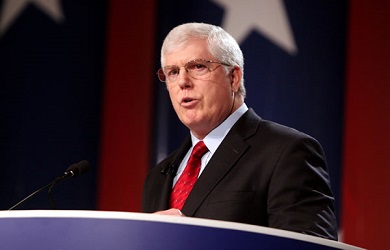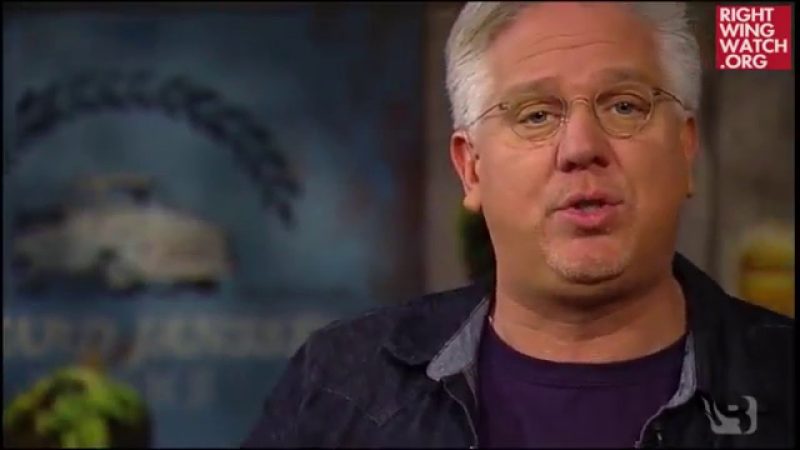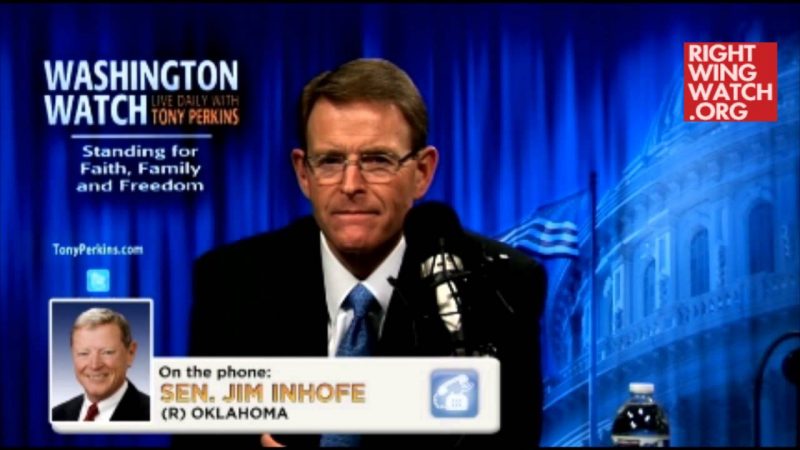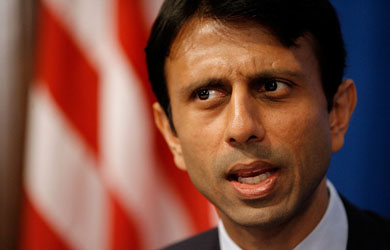For months now, Mat Staver and Liberty Counsel have been bragging about how they are leading the legal fight against the new health care reform law on behalf of Liberty University because the organization filed suit “on the same day the bill was signed into law and was the first private party lawsuit in the nation challenging the 2,409-page healthcare bill.”
Today, a US District Court judge dismissed the suit and spent fifty pages [PDF] explicitly rejecting just about every claim put forth by Liberty Counsel … and amazingly Staver is portraying this is some sort of victory:
Liberty University’s challenge to the healthcare law will now be heard by the Fourth Circuit Court of Appeals following today’s ruling by District Court Judge Norman Moon. Judge Moon found that Liberty University and two individual plaintiffs had standing to assert their constitutional claims against the individual and employer mandates in the healthcare law and that their claims were ripe for consideration. Judge Moon also held that the Anti-Injunction Act, which prohibits taxpayers from trying to enjoin the collection of taxes, does not bar the claims. He then ruled on the merits of the substantive claims, finding that Congress acted within its authority under the Commerce Clause when it enacted the mandates in the healthcare law.
…
Mathew D. Staver, Founder of Liberty Counsel and Dean of Liberty University School of Law said: “I am confident that the federal healthcare law will eventually be struck down on appeal because it is unconstitutional. Congress does not have the authority to force every American to purchase a particular kind of health insurance product. I am pleased the federal court found that Liberty University and the private plaintiffs have standing to pursue this claim. The court’s ruling on the merits of the Commerce Clause, while wrong now, puts the case on a fast track to the federal court of appeals. This ruling will expedite a final resolution of the case.”








